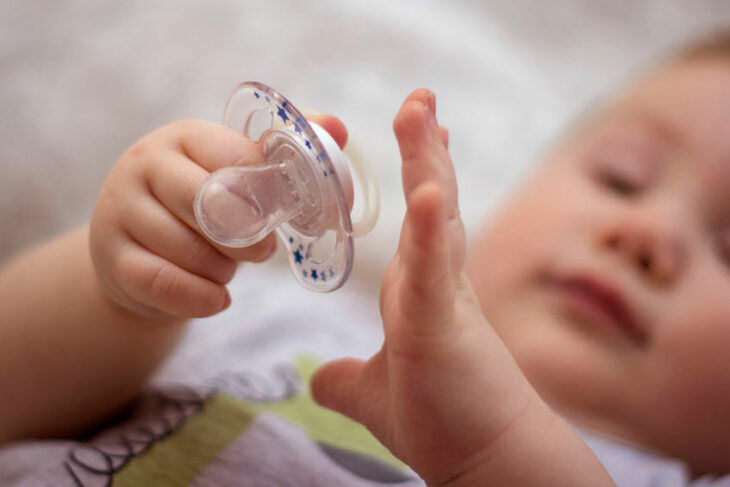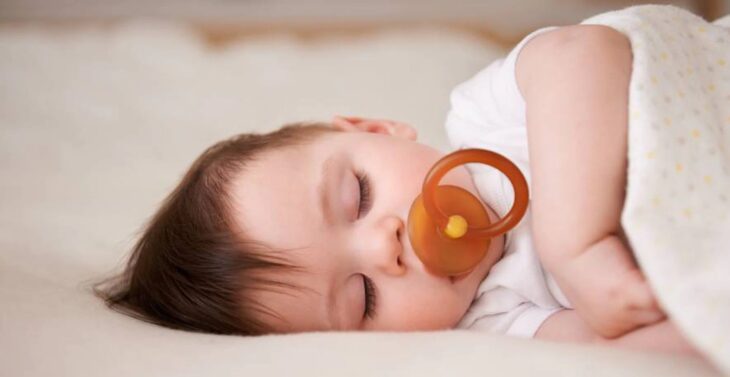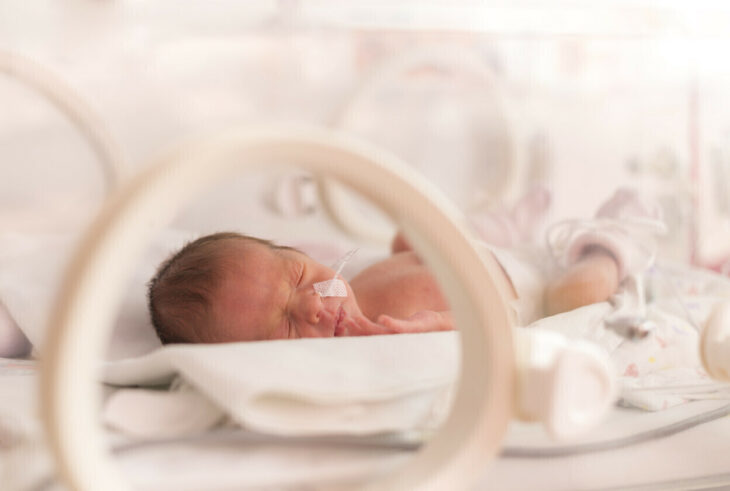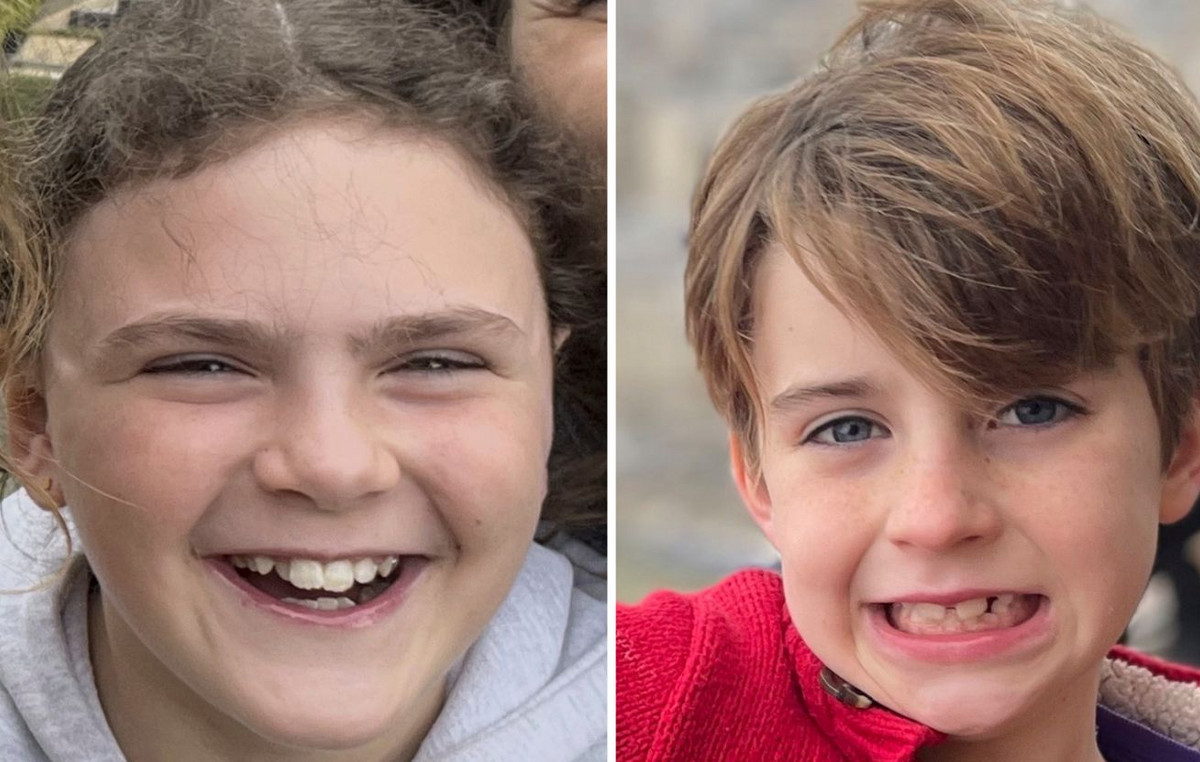A team from the Washington State University School of Engineering and Computer Science in the United States developed a bioelectronic pacifier capable of monitoring the status of babies who remain in Intensive Care Units (ICU).
The scientists published their results in the journal Biosensors and Bioelectronicswhere they state that this device will monitor the amount of salivary electrolytes, sodium and potassium levels of babies in real time, without resorting to procedures that require blood extraction.

Jong-Hoon Kim, the professor and author of the project, in the company of researchers from the Georgia Institute of Technology, Pukyong National University and Yonsei University School of Medicine in South Korea, explained how this system could benefit to hospitalized babies.
We know that premature babies have a better chance of surviving if they receive high-quality care in the first month of life. This device is a non-invasive way to achieve this.

Kim said the development of this pacifier is part of a broader effort to help newborns in intensive care units. For this reason, he works together with his team on improvements to the device, with more accessible and reusable materials.
You often see images of the Intensive Care Unit where babies are attached to a bunch of wires to monitor their health conditions such as heart rate, respiratory rate, body temperature, and blood pressure. We want to get rid of those wires, we want to give them better medical care and increase their chances of getting better.

In addition, Kim pointed out that the blood draws used to monitor babies are not only painful, but also collect random information because they are done in the morning and/or at night and not constantly, that is, they are not obtained. concrete data and at the moment. This would change with the bioelectric pacifier, as it will be able to offer detailed data on the baby’s condition in real time.
The operation of this pacifier is extremely simple, since the device takes samples of the baby’s saliva and through microfluidic channels, the concentrations of sodium and potassium ions in it are measured. Once the information is collected, it is transmitted wirelessly to an electronic device via Bluetooth. In this way, the medical team can know the current state of health of the newborn.
Source: Okchicas
With 6 years of experience, I bring to the table captivating and informative writing in the world news category. My expertise covers a range of industries, including tourism, technology, forex and stocks. From brief social media posts to in-depth articles, I am dedicated to creating compelling content for various platforms.







